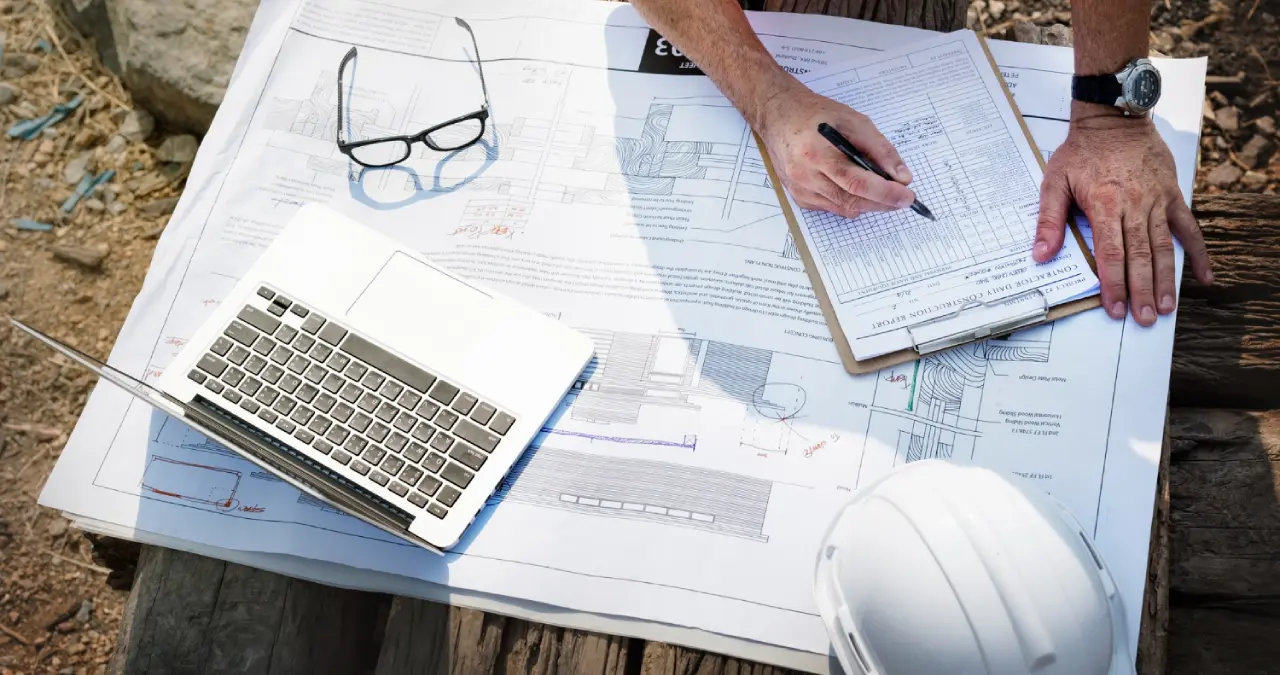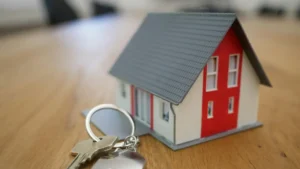Purchasing a property is one of the biggest financial commitments you’ll ever make. While buyers often focus on location, aesthetics, and price, one crucial aspect is frequently overlooked—the structural integrity of the building. Hidden defects can lead to costly repairs, legal issues, and safety risks.
A structural assessment report provides a professional evaluation of a property’s condition, helping you make an informed decision. Whether you’re a first-time homebuyer or a seasoned investor, this report could save you from expensive surprises down the line.
What Is a Structural Assessment Report?
A structural assessment report is a detailed evaluation of a property’s physical condition, conducted by a qualified structural engineer or building inspector. It identifies potential structural defects, safety concerns, and future maintenance needs.
Key Components of a Structural Assessment Report:
✅ Foundation stability – Checks for cracks, subsidence, or structural weaknesses.
✅ Roof condition – Assesses leaks, sagging, and material wear.
✅ Walls, floors, and ceilings – Detects cracks, damp, or movement.
✅ Drainage systems – Evaluates water damage risks.
✅ Structural movement – Examines shifts that could indicate deeper foundation issues.
✅ Load-bearing elements – Ensures walls and beams support the structure correctly.
Why Is a Structural Assessment Report Important?
1. Detects Hidden Defects Before You Buy
Properties may have concealed issues that aren’t visible during a standard viewing. Cracks in the foundation, unstable walls, and deteriorating roofs can take years to surface but may cost hundreds of thousands of rands to fix.
💡 Example: A buyer in Cape Town purchased a house only to discover foundation subsidence months later, costing over R200,000 in repairs. A structural assessment would have flagged this issue before the purchase.
2. Strengthens Your Negotiation Power
If a structural report identifies defects, you can:
✔ Negotiate a lower price to compensate for future repairs.
✔ Request the seller to fix issues before finalising the sale.
✔ Decide whether the cost of repairs makes the property a poor investment.
3. Ensures Your Safety and Compliance with Building Regulations
A structurally unsound property can be a safety hazard. Weak walls, collapsing ceilings, or a sinking foundation can put lives at risk. The report ensures the home meets safety standards and isn’t in violation of South Africa’s National Building Regulations.
4. Protects Your Investment and Future Resale Value
Properties with structural issues tend to lose value over time. If you plan to sell in the future, having a structurally sound home ensures better market value and fewer disputes with buyers.
5. Helps You Avoid Legal and Financial Headaches
If a seller fails to disclose defects, buyers could end up in lengthy legal battles. A structural report provides a documented proof of condition, helping protect you in case of disputes.
💡 Did you know? In South Africa, the voetstoots clause in property sales means buyers accept a property “as is,” making a structural assessment even more critical.
When Should You Request a Structural Assessment Report?
📌 Before signing the Offer to Purchase – Ensure it’s a condition in the contract.
📌 When buying an older home – Older buildings often have structural wear and tear.
📌 If visible cracks or damp patches appear – These could indicate deeper structural problems.
📌 For bank-repossessed or auction properties – These homes are often sold without full disclosures.
How to Obtain a Structural Assessment Report
1. Hire a Qualified Professional
Ensure your inspector is registered with the Engineering Council of South Africa (ECSA) or the South African Institution of Civil Engineering (SAICE).
2. Attend the Inspection
While not mandatory, being present allows you to ask questions and understand potential issues firsthand.
3. Carefully Review the Report
🔹 Pay attention to foundation issues – they are costly to fix.
🔹 Check moisture damage – untreated damp can lead to mould growth and structural weakening.
🔹 Look for recommendations – does the report suggest urgent repairs?
What Happens If You Skip the Structural Assessment?
🚨 Unexpected Repair Costs – Major defects could require expensive renovations.
🚨 Safety Risks – A weak foundation or unstable walls could cause collapses.
🚨 Insurance Issues – Some insurers won’t cover properties with structural defects.
🚨 Legal Disputes – Without a report, proving pre-existing damage in court can be challenging.
💡 Real Case: A homeowner in Durban bought a house without a structural assessment, only to find the roof was unstable, costing R150,000 to replace.
Frequently Asked Questions about Structural Assessment Reports
How much does a structural assessment report cost in South Africa?
The cost varies depending on the property’s size and complexity but typically ranges from R5,000 to R15,000.
Is a home inspection the same as a structural assessment?
No. A general home inspection covers basic property conditions, while a structural assessment is more in-depth, focusing on the building’s structural integrity.
Can I negotiate the cost of repairs with the seller?
Yes! If the report identifies defects, you can either request repairs or negotiate a lower purchase price.
What are the most common structural issues found in South African homes?
🔹 Cracks in walls or foundations
🔹 Water damage and rising damp
🔹 Roof leaks or sagging
🔹 Poor drainage leading to structural weakening
Is a structural assessment necessary for new properties?
Yes! Even new homes can have construction defects. A report ensures your home was built to proper standards.
Can I buy a property without a structural assessment?
While it’s not legally required, skipping it is risky. Unnoticed defects could cost you hundreds of thousands in repairs.
Conclusion: Invest in Peace of Mind
A structural assessment report isn’t just a precaution—it’s an essential safeguard for property buyers. It ensures your safety, financial protection, and investment security. While it may seem like an added expense upfront, it can save you from costly surprises down the line.
🏡 Final Tip: Always request a structural report before signing the purchase agreement. It’s a small investment that offers long-term protection and peace of mind.









